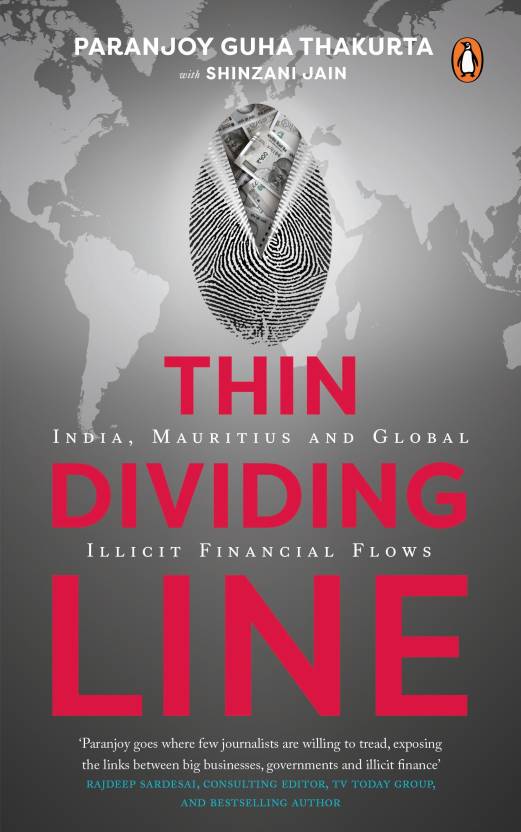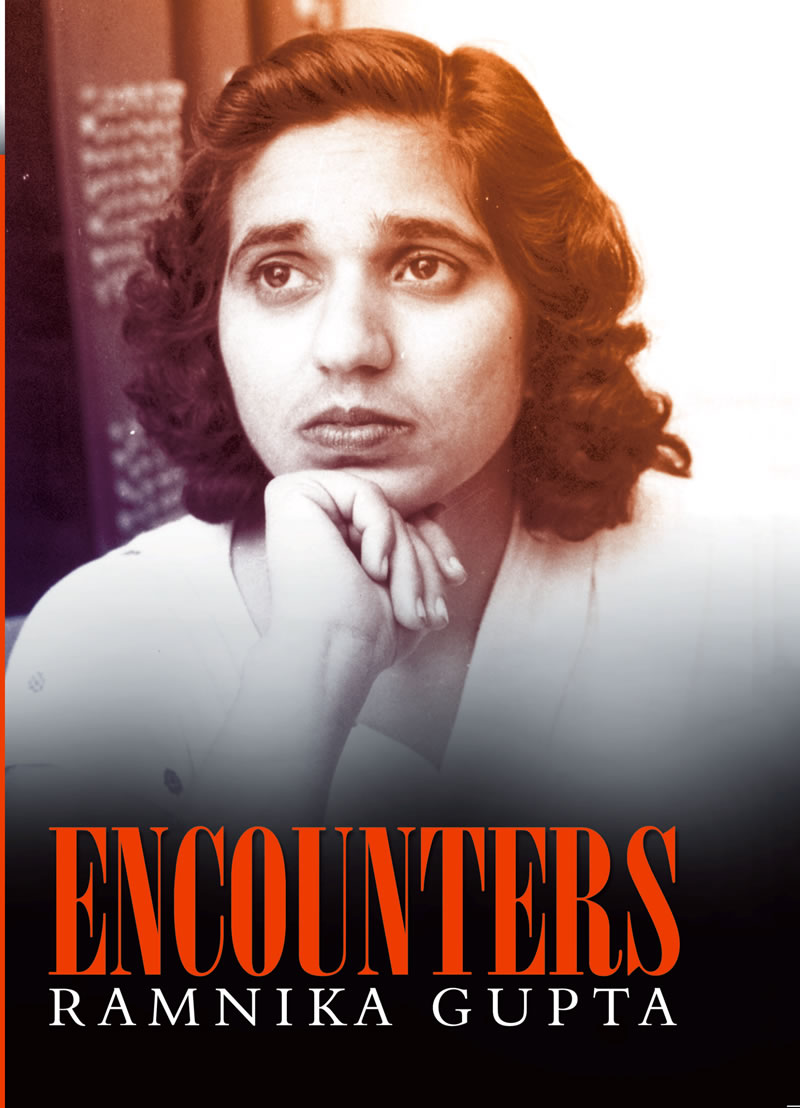The government hasn't covered itself in glory by following a convoluted, arbitrary and opaque bidding process that led to a flurry of allegations of nepotism. Few were, therefore, surprised at the legal recourse taken by a bidder criticising the implementation of the programme to revamp the nation's two largest airports. This, because the tendering system was marked by subjective evaluation criteria and frequent changes in rules while the game was on. The criteria to judge the technical bids were subjective to begin with. The private consultants appointed by the ministry prepared an evaluation report that was first considered by a government review committee and then an inter-ministerial group (IMG). But five out of seven members of the IMG expressed serious reservations about the evaluation.
The complicated manner in which the bids were processed by a series of six committees has ironically enabled at least one bidder, the Reliance-ASA (Mexico) consortium, to appear as a victim after it was accused of being a beneficiary of the earlier changes in the bidding system. Initially, in Reliance's case, the group of eminent technical experts (GETE), headed by E. Sreedharan, downgraded the marks awarded to the consortium after flaying the evaluation method.
Having appointed a GETE to examine the bidding process, the government did not accept all the group's recommendations, especially the suggestions to allow the AAI to float a special purpose vehicle and scout for a partner to modernise the airport not picked by the only bidder, GMR-Fraport of Germany which cleared the technical benchmarks, or ask the top five bidders (other than GMR, but including Reliance) to bid again. The logic that the second option may have delayed the awarding of contracts would have been a small price to pay. By following any of the two options, the government may have killed two birds with one stone. It may have dissuaded aggrieved bidders from going to court, as has happened now. It may also have prevented the employees of the AAI (minus air traffic controllers) and their sympathisers in the Left parties from going on the warpath and disrupting smooth operations at several domestic airports.
In its infinite wisdom, the government instead followed a set of arbitrary procedures likely to be questioned. Should technical and financial criteria have been given the same or different weightage? Should only the highest technically qualified bidder have got the chance to match the best financial bid or should this opportunity not have been given to others? Should the cut-off mark for technical qualification have been arbitrarily reduced from 80 per cent? Should the ranking of the top four bidders in the case of Mumbai airport have excluded GMR after it opted for the Delhi contract? Was the decision to appoint the GETE headed by Sreedharan just a sham? The government will have to answer these and many other questions, in court.


